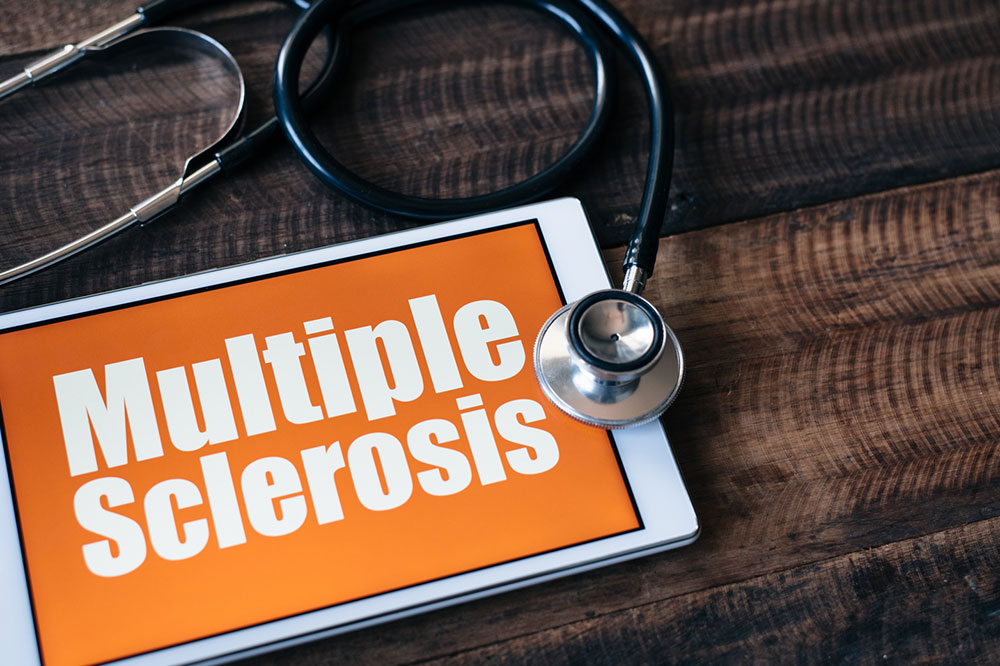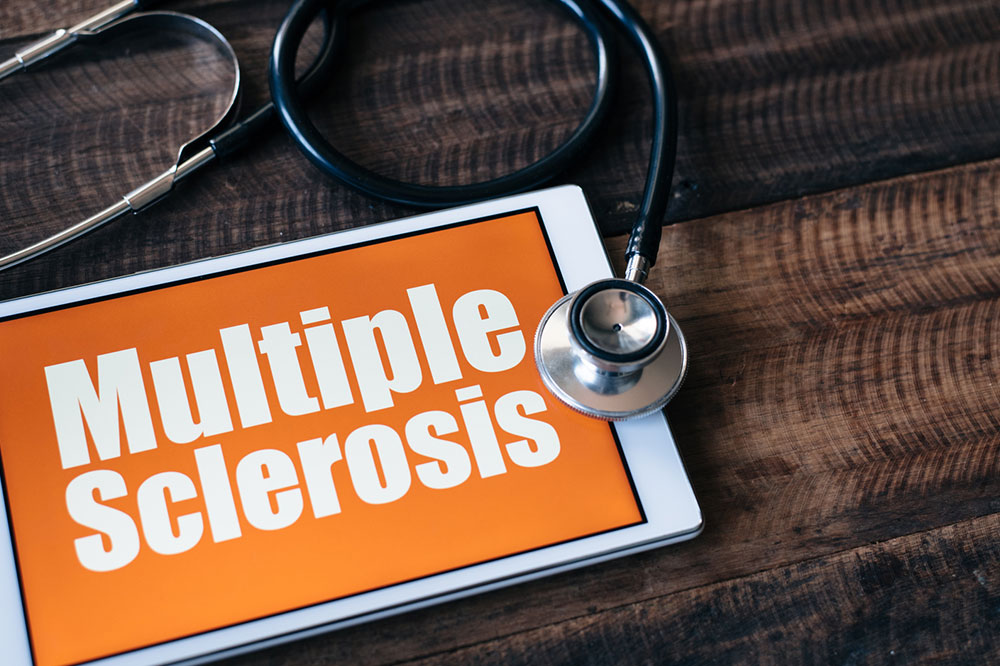Effective Approaches for Managing Multiple Sclerosis Symptoms and Improving Quality of Life
This comprehensive guide explores effective strategies for managing multiple sclerosis symptoms, emphasizing personalized treatment plans combining medication, therapy, and lifestyle modifications. It covers common MS complications like tremors, muscle spasms, pain, bladder issues, fatigue, and cognitive challenges, providing in-depth management insights to enhance quality of life. The article underscores the importance of a multidisciplinary approach, including medical interventions, physical therapy, mental health support, and behavioral strategies, helping patients maintain independence and well-being amidst the complexities of MS.

Comprehensive Strategies for Managing Multiple Sclerosis Symptoms
Multiple sclerosis (MS) is a chronic neurological disease that affects the central nervous system, leading to a wide range of physical, cognitive, and emotional challenges. Its unpredictable nature can significantly impair an individual’s daily functioning and overall quality of life. Managing MS requires a holistic and personalized approach that addresses the multifaceted symptoms and complications associated with the disease. This detailed guide explores effective strategies—both medical and lifestyle-oriented—to help individuals cope better with MS and maintain independence.
Understanding Common MS Complications and Tailored Management Techniques
Persistent tremors and mood disturbances such as depression
Muscle spasms and intolerance to heat
Chronic pain and sexual health issues
Bladder dysfunction and persistent fatigue
Urinary tract infections and cognitive impairments
Constipation and fecal incontinence challenges
This comprehensive overview covers both pharmacological and non-pharmacological methods to address each complication. Effective management hinges on a multidisciplinary approach, involving neurologists, physiotherapists, psychologists, and support networks.
Tremors: Hand and body tremors are common in MS patients, often impacting daily activities. Managing tremors includes the use of assistive devices like weighted gloves, stability aids, and in some cases, advanced procedures such as deep brain stimulation or thalamic surgery. Pharmacotherapy options include anticonvulsants like Clonazepam, which helps reduce tremor severity. Other medications such as Mysoline, Ondansetron, and Propranolol may also provide relief, depending on individual response.
Muscle spasms are another common symptom, often causing pain and limiting mobility. Managing spasms involves encouraging regular physical activity and stretching routines, complemented by physical and occupational therapy to improve flexibility and strength. Medications such as Diazepam (Valium), Baclofen, Dantrolene, and Tizanidine are employed to reduce spasticity and associated discomfort.
Chronic pain management is essential for MS patients, often utilizing anticonvulsants like Gabapentin, Tricyclic antidepressants such as Amitriptyline, and anti-arrhythmic drugs like Phenytoin or Carbamazepine. These medications help modulate nerve signaling and reduce pain intensity. Proper dosing and monitoring are vital to minimize side effects and maximize relief. To combat weakness and fatigue, potassium channel blockers like 4-Aminopyridines can enhance nerve conduction and muscle strength.
Bladder control issues are managed through behavioral modifications, including limiting fluid intake during evening hours, establishing regular bladder emptying schedules, and performing pelvic floor exercises such as Kegel exercises to strengthen bladder muscles. Pharmacologically, medications like Oxybutynin and Propantheline Bromide are prescribed to relax bladder muscles and reduce urgency. Preventing urinary tract infections (UTIs) involves strategies like maintaining acidic urine through orange and cranberry juice consumption and, when necessary, administering antibiotics or employing intermittent catheterization techniques.
Constipation is a frequent problem, especially in MS due to reduced mobility and medication side effects. Management includes increasing dietary fiber intake, ensuring adequate hydration, and using stool softeners or laxatives when necessary. Adjusting fiber consumption can also help control fecal incontinence, a condition caused by nerve damage affecting bowel control.
Mood and mental health management is equally important. Depression often arises from the disease's emotional toll and physical limitations. Counseling, psychiatric consultations, and participation in support groups can provide emotional relief. Antidepressants like Fluoxetine, Sertraline, and Amitriptyline are commonly prescribed to stabilize mood and improve overall well-being.
Heat sensitivity complicates MS management, as exposure to high temperatures can worsen symptoms. Strategies to mitigate heat intolerance include avoiding hot environments, using cooling devices such as ice packs, wearing breathable clothing, and maintaining cooled indoor spaces to prevent symptom exacerbation.
Sexual dysfunction is a significant challenge for many MS patients, often resulting from nerve damage, hormonal changes, or psychological distress. Management options encompass the use of lubricants, sexual aids, and medications like Sildenafil (Viagra) to improve erectile function. Addressing psychological factors through counseling can also enhance intimacy and relationship satisfaction.
Persistent fatigue, both as an independent symptom and related to muscle spasticity, hampers daily functioning. To combat fatigue, patients may benefit from assistance with daily tasks, scheduling adequate rest periods, and using stimulant medications such as Methylphenidate under medical supervision.
Cognitive challenges, including memory lapses and difficulty concentrating, are managed with drugs that enhance neurotransmitter activity, such as Donepezil. Cognitive rehabilitation therapies, mental exercises, and organizational strategies further support improved mental functioning.
Many individuals with MS face permanent disabilities affecting mobility, vision, and independence. Occupational therapy plays an essential role in adapting living spaces and daily routines to promote autonomy. Mental health support is equally vital for coping with emotional stress, anxiety, or depression that often accompany the disease.
Ultimately, a personalized, multidisciplinary management plan incorporating medication, therapy, lifestyle adjustments, and emotional support is crucial for optimizing quality of life in MS patients. Regular medical check-ups, patient education, and community support networks empower individuals to lead active, fulfilling lives despite the challenges posed by MS.





